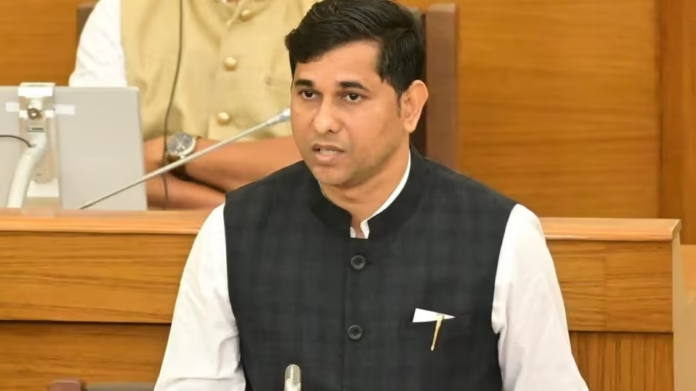Tripura is making significant strides in addressing the rising demand for fish within the state. Fisheries Minister Sudhangshu Das recently outlined the government’s strategic measures to enhance fish production and reduce dependency on imports. His statements highlighted the importance of self-sufficiency in meeting the nutritional and economic needs of the state’s population.
During a press briefing, Minister Das detailed how the fisheries sector is evolving through a series of targeted programs. He emphasized that fish is not just a staple food but also a livelihood source for a significant portion of the population. The government, he explained, is committed to supporting both small-scale fish farmers and large-scale aquaculture projects to bridge the gap between demand and supply.
The minister revealed that Tripura has been historically dependent on fish imports to meet local needs. This dependency has strained the state’s economy and led to fluctuating prices in the market. By encouraging local production, the government aims to create a more stable and self-reliant fisheries sector. Das expressed confidence in the potential of Tripura’s water resources and described plans to harness them effectively.
One of the key areas of focus has been the introduction of scientific fish farming techniques. Das mentioned that traditional methods often result in lower yields, and the government is working to educate farmers about modern aquaculture practices. Training programs, workshops, and field demonstrations are being conducted regularly to equip farmers with the knowledge and skills required to boost productivity.
Minister Das also highlighted infrastructure development as a priority. He explained that the government has allocated funds to construct new hatcheries and renovate existing ones. These facilities are vital for ensuring the availability of high-quality fish seed. Das shared that efforts to expand the network of cold storage units are underway to preserve fish stocks and reduce wastage, particularly during peak production seasons.
Financial assistance has been another cornerstone of the state’s fisheries development strategy. Das announced that the government has introduced subsidized loans and grants for fish farmers. This financial support, he noted, is designed to help farmers invest in better equipment, purchase quality feed, and adopt modern aquaculture methods without facing economic barriers.
The government is also exploring the expansion of fish farming in previously untapped areas. Das stated that underutilized water bodies, including lakes, ponds, and rivers, are being identified and repurposed for fish farming. This approach, he explained, not only boosts production but also creates employment opportunities for local communities.
Environmental sustainability has remained a key concern throughout the implementation of these initiatives. Das assured that measures are in place to ensure that increased fish farming does not harm the natural ecosystem. The government is promoting eco-friendly practices, such as integrated fish farming, which combines aquaculture with agriculture to optimize resource use.
Minister Das took pride in the progress already achieved, noting that fish production has shown a steady increase over the past few years. He attributed this success to the government’s proactive policies and the resilience of the state’s fish farmers. However, he acknowledged that challenges persist, including fluctuating climate conditions and the rising cost of fish feed.
To address these issues, the government is collaborating with research institutions to develop cost-effective and sustainable solutions. Das highlighted a partnership with the Central Institute of Fisheries Education (CIFE) to explore new techniques and innovations tailored to Tripura’s specific needs.
Community engagement has also played a significant role in these efforts. Das explained that awareness campaigns are being conducted to inform the public about the benefits of locally produced fish. He emphasized that consumer support is essential for sustaining the growth of the state’s fisheries sector.
Minister Das concluded his address by reaffirming the government’s commitment to making Tripura self-sufficient in fish production. He expressed optimism about achieving this goal in the near future, given the comprehensive measures being undertaken. Das appealed to fish farmers and other stakeholders to continue their cooperation with the government to turn this vision into reality.
Tripura’s fisheries initiatives represent a balanced approach to meeting growing demand while fostering economic growth and sustainability. The state’s commitment to innovation and inclusivity in the sector has set a promising trajectory for its future.




